Teacher student relationship and effective communication
One of the biggest challenges teachers face in the teaching profession is how to effectively engage with students. The whole range of education is based on nurturing young minds with attention and clarity.
Smooth instruction and connected learning between teachers and students are important, as there is a direct relationship between student learning and effective communication.
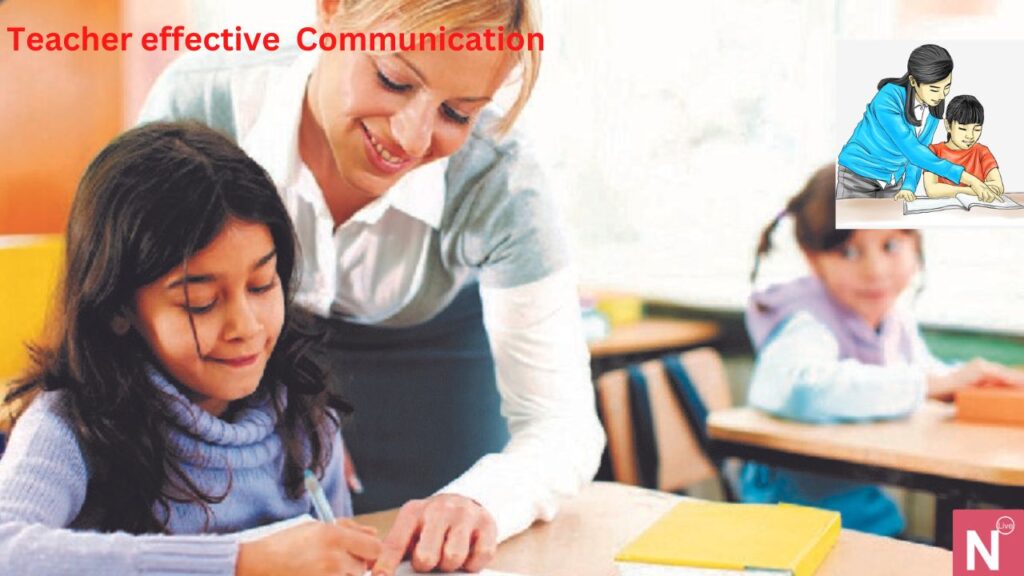
The student spends more than 5 hours a day at school and nearly 10 months in a whole year. Such long-term school involvement is only beneficial if student-teacher relationships and teacher-student communication remain focused and active. Thus, how students appear in class will depend to some extent on the methods and means by which the teacher establishes communication with the students.
Monotonous Approach
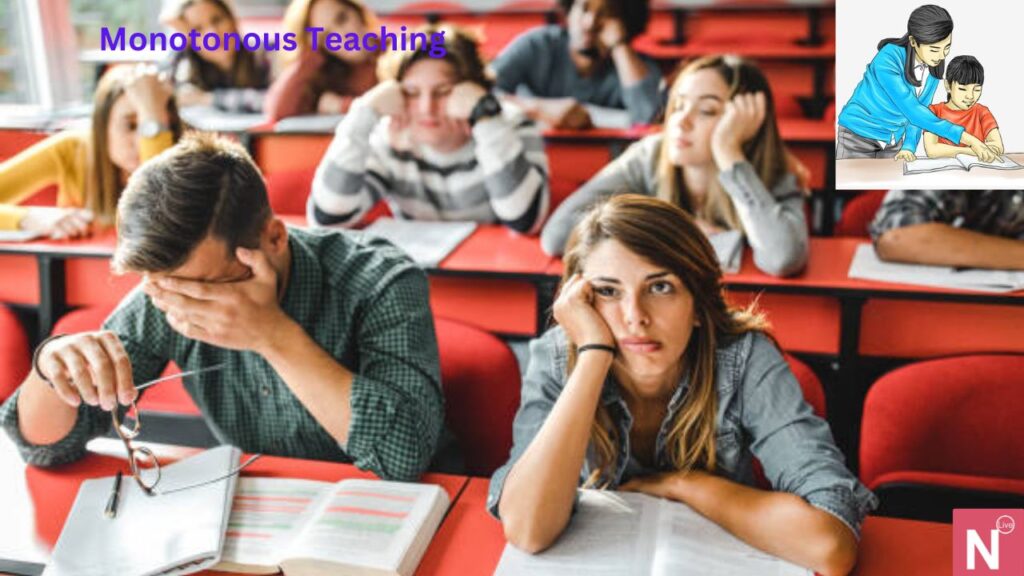
A teacher’s style and efficiency determine whether a lesson can be interesting, interactive, or boring. In boring or monotonous sessions, students are seen to pay less attention and mostly ignore what is being taught in class. In short, teachers do not reach students.
Student Behavior
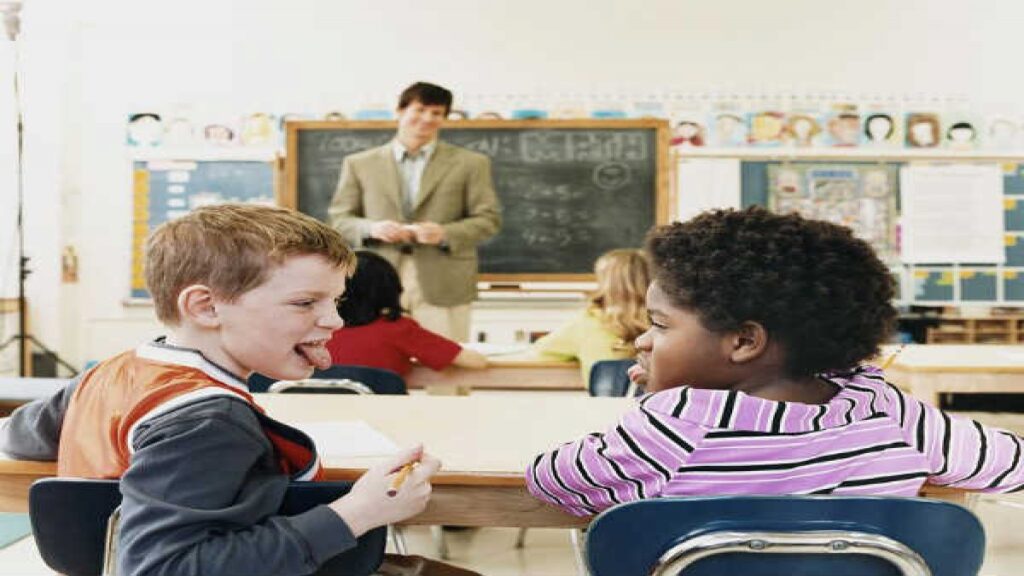
In some cases, the destructive behavior of creepy students proves to be a constant source of barriers to effectively reaching everyone. These include talking, clowning, daydreaming, moving around without permission, risky behavior, cheating, growth issues, and other psychological and disciplinary issues.
Teacher Ignorance
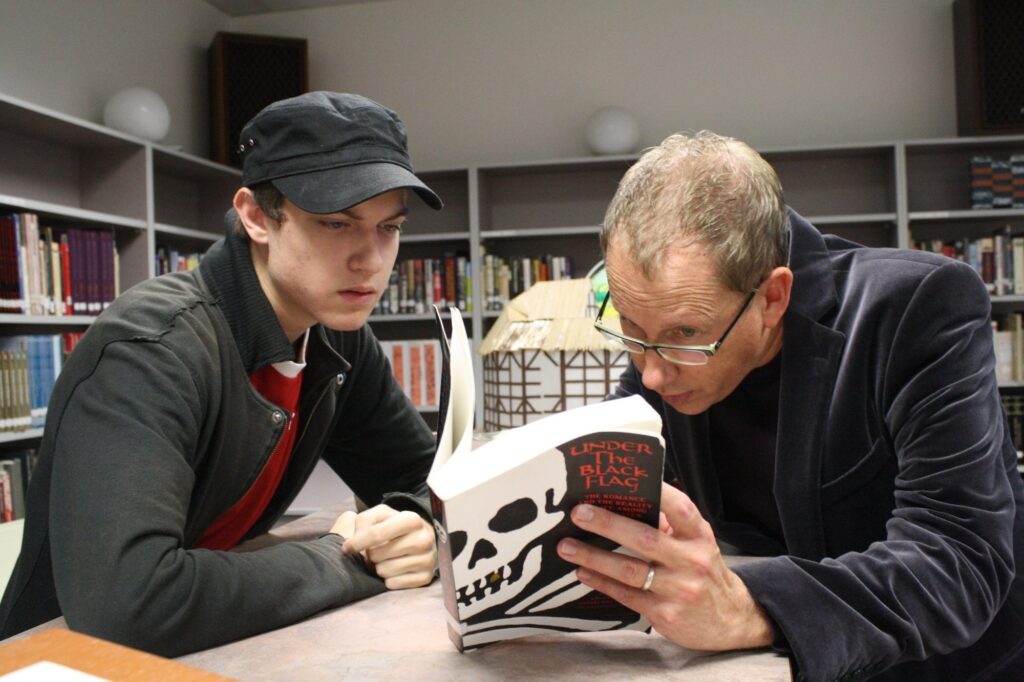
The teacher ignores questions from some students or does not verbally cooperate with students. Things don’t go well when topics are discussed or verbal expressions don’t translate into proper teaching.
Everyone must realize that the student-teacher relationship is the foundation of education and must be treated with the utmost care and concern.
To ensure effective communication, teachers should use a variety of techniques and preparations.
Clarity of Communication
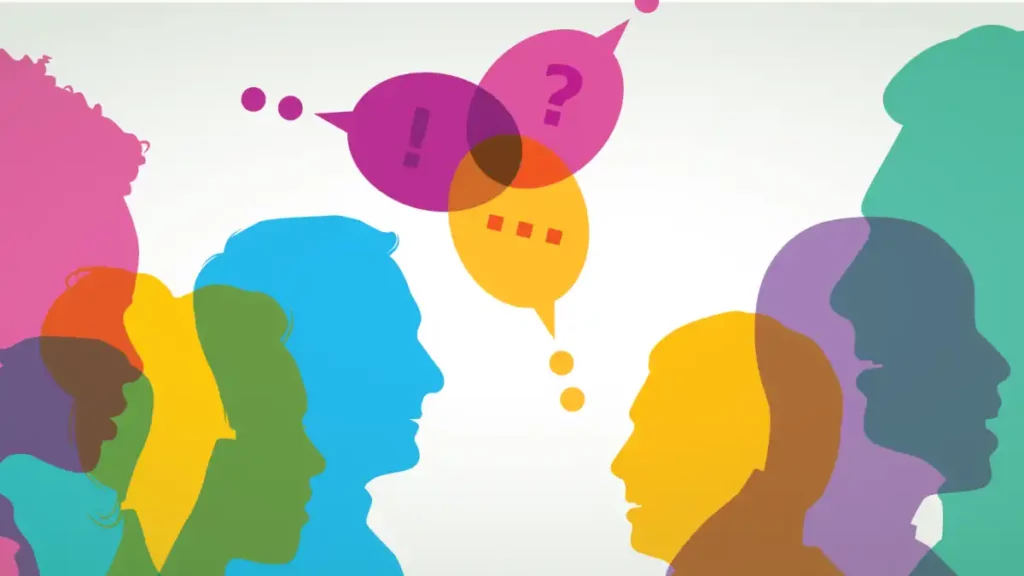
Each session must be taught in the language and method that best suits the student. For example, mentioning the concept of distance with students without deep discussion is the beginning of withdrawal from students. Mutual respect is the basis of effective communication, so teachers should use an honest and skillful tone when communicating with their students. In listening mode, the teacher pays attention and appreciates the speaker by directing their attention.
Teacher student relationship and Interesting Conversations
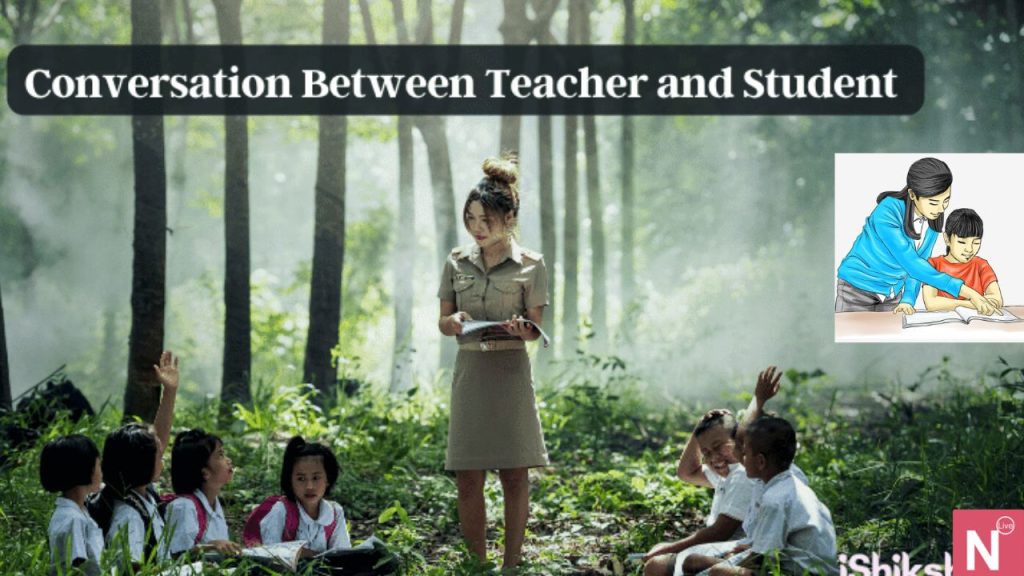
In almost every aspect of life, interests determine what you do and what you give up. The same theory applies to classroom teaching. Interesting conversations make difficult topics easy for students to understand and pick up quickly. Many students have a phobia of some subjects like mathematics. In this case, teachers must find new ways to explain complex equations and problem-solving tricks. Reading students’ minds is the key to effective teaching.
Teacher-student relationship Personalize Actions with Emotions
At an early age, students tend to understand things when sharing is encouraged. Celebrating small occasions with students in the classroom is very encouraging as it creates a healthy environment where learning culminates.
Teacher student relationship and Communicating with Parents
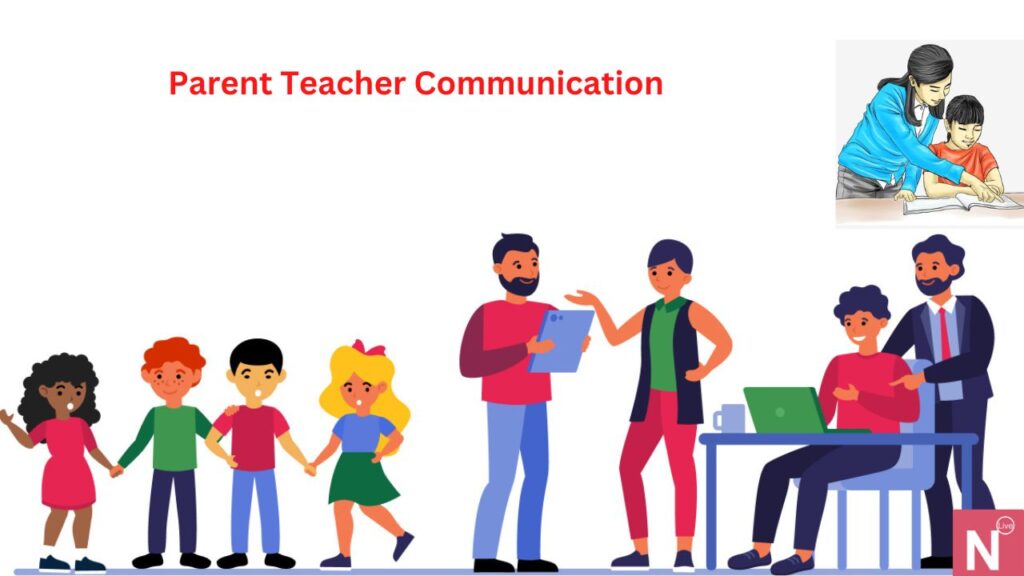
This is something all teachers must accept. Building relationships with parents and updating their children’s progress with parents is also key to reaching out to students. Listening to parents is important because it helps them understand their children from their point of view and effectively do what they need to do.
Technology Use
Teachers have many technologies at their disposal to deliver lessons to students. Some technologies help teachers and students stay connected and collaborate on new projects inside and outside the classroom. Sending and receiving tasks online or via smartphone is also a good communication practice. Online systems allow teachers to create online quizzes and flashcards on a variety of content that students can use to learn outside the classroom. Many of the existing quizzes are also useful for teachers who are short on time.
A pessimistic attitude on the part of one or both parties often affects relationships. If teachers find it annoying or a waste of time, students may retaliate by disconnecting from communication. . On the other hand, a respectful and honest relationship promotes effective communication between the two, teachers feel satisfied with their lessons, and students feel recognized for what they learn in the classroom.
More similar articles
犀利士 tion-syllabus/”>CBSE Health and Physical Education Syllabus
top 20 schools in west bengal- 2022 Ranking
pocso training for teachers | pocso act in english | pocso act explained | Ideate training
cbse vs ncert | cbse aur ncert mein kya antar hai |cbse and ncert difference in hindi
Discover more from News 24 Media
Subscribe to get the latest posts sent to your email.


